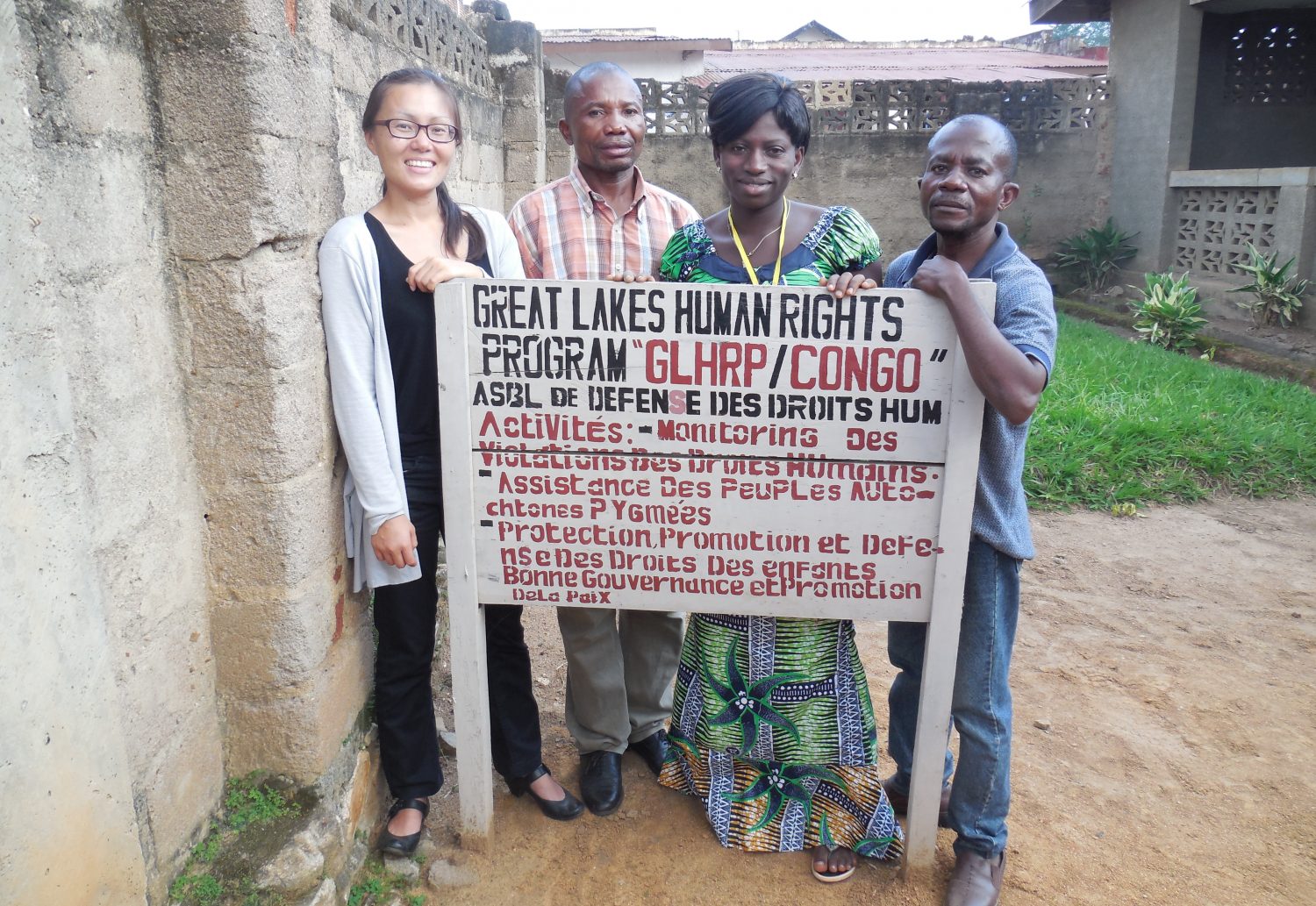How we work
REDRESS has developed specific skills that can be used to challenge torture and deliver impact. Our focus on these techniques is based on our experience working in collaboration with national partners and the anti-torture movement who have strengths in other civil society techniques.
- Holistic Strategic Litigation against Torture. With this method we represent individual clients but also use the case to challenge the underlying problem. We adopt a holistic approach, ensuring referrals for psycho-social support and accompanying survivors through the process. We provide training and mentoring to partner NGOs on this technique.
- Policy Advocacy. We work with partners to deliver campaigns at national, regional, and international level to advocate for policy reform for reparation and for the introduction of anti-torture laws and safeguards. This work includes detailed research to inform our conclusions and recommendations and engaging with survivor communities to involve them in the campaign
- Communications and Media. We support our litigation and policy advocacy through the press and social media, to influence stakeholders, draw attention to the issues, and to raise our profile to enhance our influence.
OUR VALUES
REDRESS has developed specific values through which we project an organisational culture that respects survivors, values partnerships, and ensures expertise.
A Survivor-centred Approach
REDRESS prioritises the interests and perspectives of survivors in our cases and campaigns. We seek to promote the well-being of survivors, avoid further traumatisation, include survivors in campaigns where possible, and accompany them through the legal process.
- Medical care. We work closely with NGOs who provide rehabilitation for survivors, and allocate resources for medical and psychological support.
- Holistic Litigation. We promote a holistic approach to accompany the survivor and ensure their needs are provided for, through referral where necessary.
- Community engagement. We engage with survivor community networks so that they can inform and participate in our legal policy campaigns.
- Inter-Disciplinary dialogue. We actively engage with medical experts working against torture to ensure our programmes are informed by different disciplines.
Collaborative Partnerships
REDRESS works in partnership with other civil society groups in the countries where we operate rather than open offices. Our culture of collaboration ensures that we work with partners rather than displace them. Our partners include national civil liberties NGOs with experience in bringing human rights cases domestically, national anti-torture NGOs, and groups that focus on the rights of victims. We also work with specialist international anti-torture NGOs where we complement their techniques or scope.
- Solidarity. Through our new Solidarity programme we will develop capacity sharing activities and build the operational resilience of our partners for sustainable relationships, including finance, communications, and fundraising.
- Projects. We will enhance national leadership of projects through early consultation, equal decision making, and a common approach to project delivery.
Expertise and Innovation
REDRESS has a strong reputation built on expertise and innovation. This is maintained through high standards for research and litigation, and by the constant engagement of staff with national and international experts, academics, and practitioners.
- Strategic Litigation. We will project our expertise in this technique through the publication of practice notes and share our experience through training and mentoring.
- Research. We will continue to produce succinct and high-quality reports based on careful research as part of our legal policy campaigns.
- Engagement. We will build our connections with the legal and academic community through specific project activities and the REDRESS Advisory Panel.
- Expertise. We will build our capacity to support staff development.
Impact Framework
REDRESS has developed a theory of change that sets out the most effective ways that we can have an impact through our work.
- Our activities are primarily focused on the three techniques of strategic litigation, policy advocacy, and communications.
- From these activities our staff and partners produce outputs including legal claims, policy campaigns, community initiatives, and publications.
- These outputs deliver specific and achievable objectives for each of our cases and projects, that are also realistic and time-bound, and can be measured against tailored indicators that are identified in our evaluation framework.
- We have identified ten outcomes that can be achieved as a result of our work: justice, truth, material impact, impact on the community, impact on the anti-torture movement, changes to stakeholder attitudes (politicians, judges, media), changes to policy, changes to law (through caselaw and legislation), changes to governance, and social impact.
- The ultimate goal of our cases and campaigns is to deliver justice and reparation for survivors and their communities, challenge impunity, and combat further torture.

